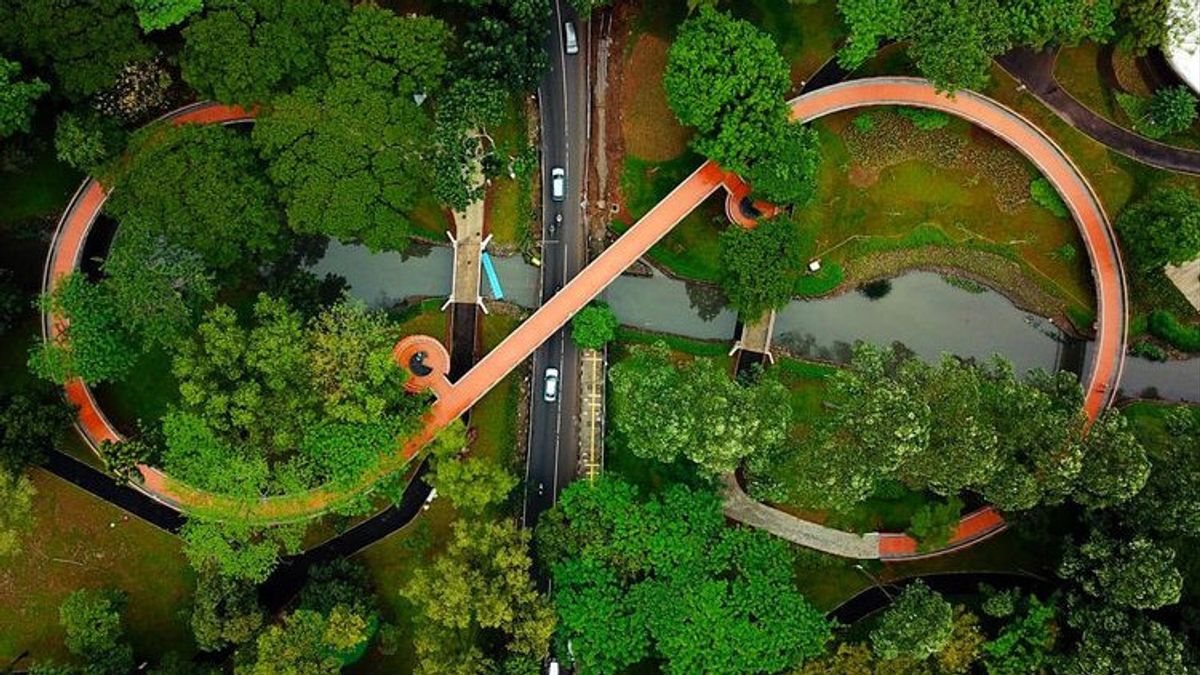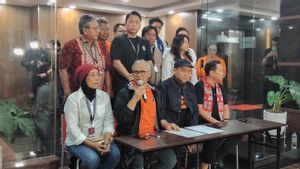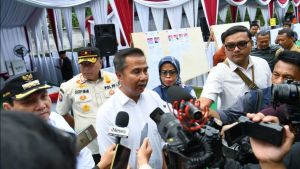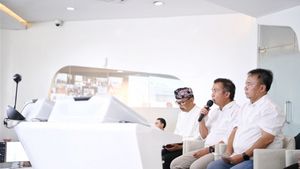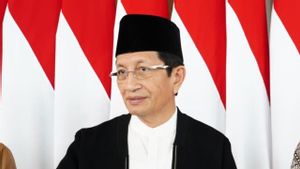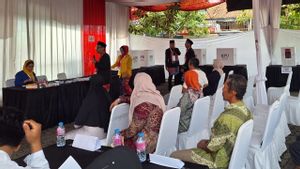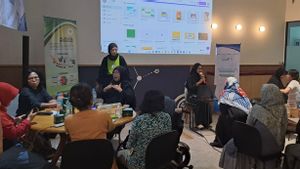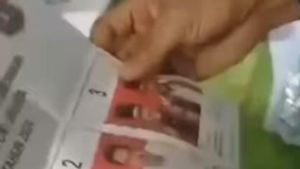JAKARTA - Deputy Governor of DKI Jakarta, Ahmad Riza Patria, said that the Tebet Eco Park will reopen at the end of this month. Tebet Eco Park was previously closed in order to improve because it was chaotic.
"Soon, the end of July. Today is the meeting. Hopefully next week the Tebet Eco Park can be opened. Of course it will take time for a fire," Riza told reporters, Friday, July 15 evening.
Later, Tebet Eco Park will be used as a low emission zone (LEZ). When the park is re-opened, private motorized vehicles are prohibited from crossing the area around Tebet Eco Park.
Therefore, Riza asked people who came to Tebet Eco Park to use public transportation. "The challenge is because of the limited parking space there, we want those who come to use public transportation," said Riza.
"We will try to make this place attractive, still visited by visitors, keep it neat, clean, and provide benefits for local residents and other residents who come there," he continued.
When it reopens, there will be a limit on visitors to Tebet Eco Park to 8,000 on Monday to Friday (weekdays), as well as 10,000 people on Saturday, Sunday (weekends) and holidays.
In addition, people who will enter the Tebet Eco Park must first register through the Jakarta Kini (JAKI) application. Later, there will be barcode scanning and supervised by officers at the entrance.
Head of the DKI Jakarta Transportation Agency, Syafrin Liputo, revealed that when the Tebet Eco Park was reopened, motorized vehicles were prohibited from crossing the two roads on the west and east sides of the park on weekends and holidays.
"In Tebet Eco Park, there are two roads designated as LEZ areas on Saturdays, Sundays and national holidays, namely Jalan Tebet Timur Raya and Tebet Barat Raya," said Syafrin.
However, the ban on crossing is exempted from public transportation, motorized vehicles belonging to local residents, to non-motorized vehicles such as bicycles.
"The regulation is that private vehicles and motorized vehicles are prohibited on both roads, except for public transportation, then non-motorized transport, as well as vehicles for local residents identified with special stickers or signs," explained Syafrin.
The English, Chinese, Japanese, Arabic, and French versions are automatically generated by the AI. So there may still be inaccuracies in translating, please always see Indonesian as our main language. (system supported by DigitalSiber.id)
